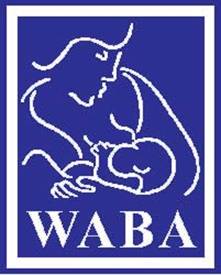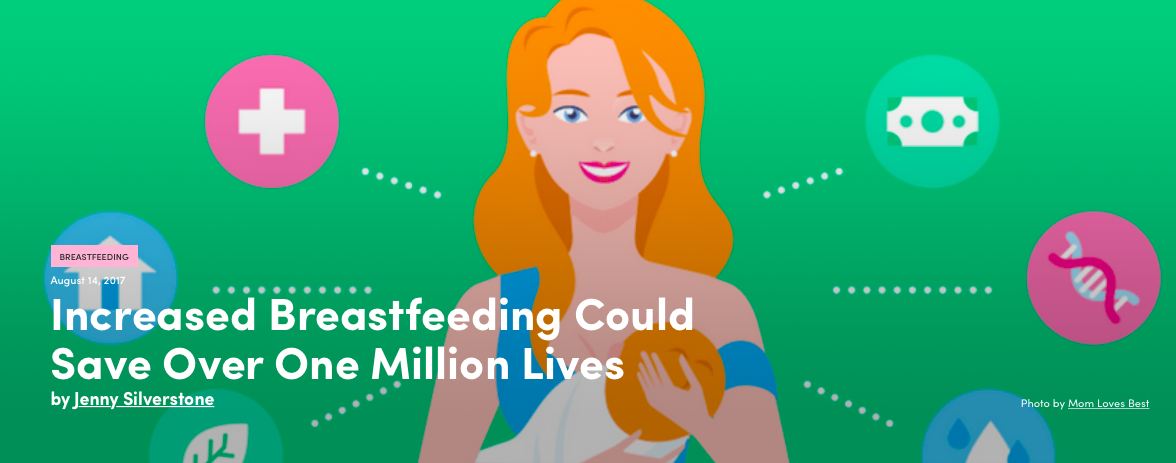In just one year, breastfeeding could prevent over 823 000 deaths in children and 20 000 deaths from breast cancer in women. It is tragic then, that only 45% of newborns are breastfed within the first hour of birth, and only 2 in 5 infants less than 6 months of age are exclusively breastfed.
As we wrap up 2017, we are reminded of the urgency of working together to address this gap. The #WBW2017 theme was Sustaining Breastfeeding – Together. We made extra effort to apply this inclusive approach to developing and implementing many of our campaigns and initiatives with old and new allies. 2017 has indeed been an exciting year, and we thank you all for your continued support in making the world a better place for women and children. Look out for more announcements by WABA in January, on our #WBW2018 theme on Nutrition, Food Security and Poverty Reduction.
See highlights of 2017 and plans for 2018 below
Happy Holidays!
-WABA Secretariat Team-
CAMPAIGNING FOR A GENERATION

 #WBW2017 paved the way for working together across the 4 Thematic Areas to achieve the #GlobalGoals for sustainable development by 2030. No one breastfeeds alone, and we all have a role to play in enabling mothers to breastfeed anytime, anywhere.
#WBW2017 paved the way for working together across the 4 Thematic Areas to achieve the #GlobalGoals for sustainable development by 2030. No one breastfeeds alone, and we all have a role to play in enabling mothers to breastfeed anytime, anywhere.
Our Core Partners – the International Baby Food Action Network, La Leche League International, the International Lactation Consultant Association
and the Academy of Breastfeeding Medicine – all played a critical role in developing, adapting and amplifying our messages around the world.
Celebrants around the world ensured that our messages and materials reached those most in need. If you organized an exciting activity for WBW2017, don’t forget to submit your report now!
WBW2017 maximised on the opportunity to collaborate and involve youth in producing materials, as we worked with Girls Globe – a global team of advocates driven by the connected voices of girls and women worldwide. Read their engaging WBW-related stories. WBW materials were then translated into almost 15 languages by Translators Without Borders.
WBW messages were reiterated by and impacted a variety of different sectors, from UN agencies in Geneva to global media to refugee camps in South Sudan. Click on the icons below to see how:
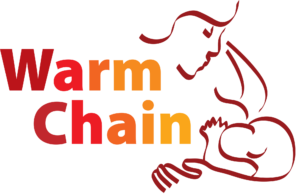 The challenges to breastfeeding are many. To empower mothers with a satisfying and effective breastfeeding experience, we need consistent messages, a proper referral system, ongoing support and skilled assistance.
The challenges to breastfeeding are many. To empower mothers with a satisfying and effective breastfeeding experience, we need consistent messages, a proper referral system, ongoing support and skilled assistance.
Let’s coordinate our efforts across the continuum of care for the mother-baby dyad! Identify your role along the #WarmChain by participating in our survey now!
Are you a midwife, International Board-Certified Lactation Consultant (IBCLC) or nutritionist/dietitian? Check out our Warm Chain postcards now! We are developing more cards for physicians, peer counsellors and parents so do send all your valuable input, references and comments to peiching.chuah@waba.org.my
If you have an interesting project that you think will strengthen the Warm Chain, contact us for further information about the Warm Chain Seed grant Programme.
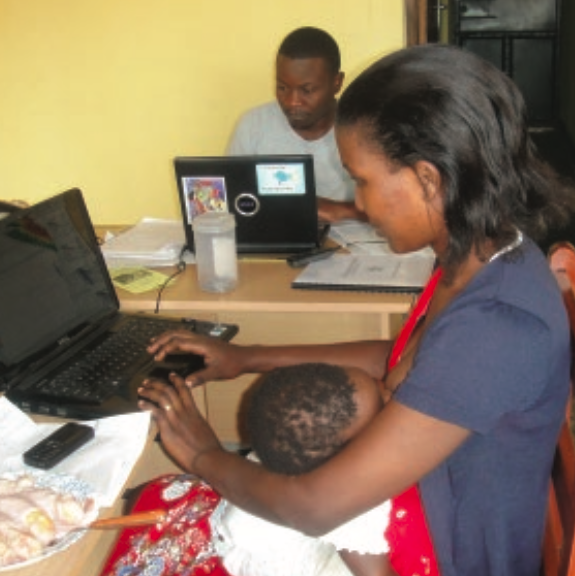
In the world of work – whether formal or informal – we have to move towards gender-equitable social protection. This includes changes in parental leave legislation, attitudes and parent-friendly workplaces. Read the WABA Labour Day 2017 statement to get regional perspectives.
The #EmpoweringParentsCampaign strives to increase the supply of gender equitable social
protection by working through the
tried and tested tripartite structure comprising of governments, employers and trade unions. We have worked with various trade unions and Civil Society Organisations (CSOs) particularly on the issue of gender-neutral parental leave, such as with:
In 2018, WABA will offer Parent-Friendly Workplace Seed Grants for existing/new projects that aim to combine work and care work through supportive interventions! Write to revathi@waba.org.my for more information.

 The Breastfeeding: Advocacy & Practice (BAP) course aims to equip participants with the skills and knowledge needed for coordinated action on breastfeeding.
The Breastfeeding: Advocacy & Practice (BAP) course aims to equip participants with the skills and knowledge needed for coordinated action on breastfeeding.
In March 2017, we organized the 7th BAP course, bringing together participants from 14 countries, with teams from Burundi, Kenya, Laos, Nigeria, Papua New Guinea and Sri Lanka. WABA was proud to sponsor 4 Young Midwife Leaders (YMLs) who lent refreshing perspectives to this course.
Although some participants were self-funded, many were sponsored by institutions such as UNICEF Burundi, UNICEF Sri Lanka, UNICEF Papua New Guinea, Alive & Thrive and Save the Children.
The BAP course has significant impact in changing hospital policies and practices or engaging with communities, such as in 2013 when Vietnamese BAP participants founded Betibuti.com, a virtual community support group in Ho Chi Minh City, with over 135 000 followers on Facebook!
 Many hold on to the false assumption that all breastfed babies of HIV-positive mothers get infected. In reality, the HIV pandemic can be addressed through careful breastfeeding promotion, support and practice.
Many hold on to the false assumption that all breastfed babies of HIV-positive mothers get infected. In reality, the HIV pandemic can be addressed through careful breastfeeding promotion, support and practice.
In 2016, WHO and UNICEF revised the guidance on HIV and Infant feeding. Currently, it is recommended that women diagnosed positive for HIV initiate ART as early as possible and continue lifelong drug therapy with good adherence. There should be no restriction to breastfeeding duration. Thus, women under lifelong ART are recommended, in line with recommendations for the general population, to breastfeed exclusively for the first six months, followed by continued breastfeeding with adequate complementary food for two years or beyond.
 By creating a #WarmChain of support across the continuum of care, women who are living with HIV can be ensured their rights to health and be supported in their breastfeeding journey.
By creating a #WarmChain of support across the continuum of care, women who are living with HIV can be ensured their rights to health and be supported in their breastfeeding journey.
Read more about what women need to know about HIV and breastfeeding.
In 2018, WABA and ABM will jointly launch an updated HIV and Infant-feeding Information Kit, so watch this space!

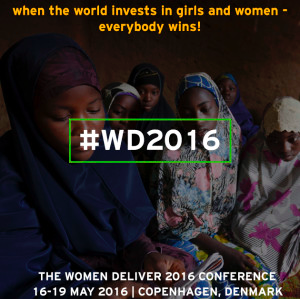 After Women Deliver, They Breastfeed
After Women Deliver, They Breastfeed
Midwives are key to supporting and promoting breastfeeding both in healthcare and community. Listen to what Janet Lewis, ICM Senior Technical Advisor, has to say about why midwives matter to breastfeeding:
Investing in Breastfeeding
WABA is a member of the Global Breastfeeding Collective (GBC) – a partnership of 20 international agencies with the goal of increasing investment in breastfeeding worldwide. Through the GBC, UNICEF/WHO and partners aim to: raise the global rate of exclusive breastfeeding to at least 50 per cent by 2025:

WABA participated in the GBC launch in Jakarta, Indonesia.
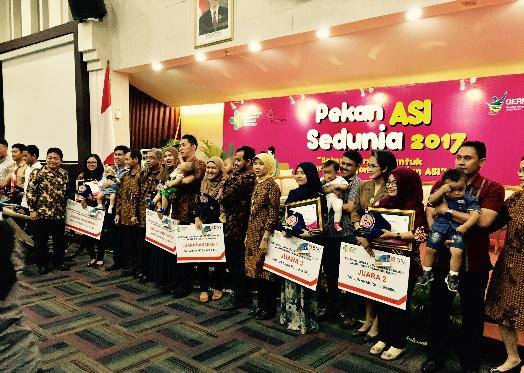


The Indonesian government is fully committed to breastfeeding and engages a range of stakeholders including mother and father support groups, living up to our theme of Sustaining Breastfeeding Together!
Breastfeeding – first food
Breastfeeding is the foundation for nutrition and food security as outlined in the 2016 Lancet series on breastfeeding. Advocacy at the 2nd International Conference on Nutrition (ICN2) and at the IUNS International Congress of Nutrition ensured that breastfeeding is included in the Rome Declaration and Framework for Action.
Read some of the tweets here:
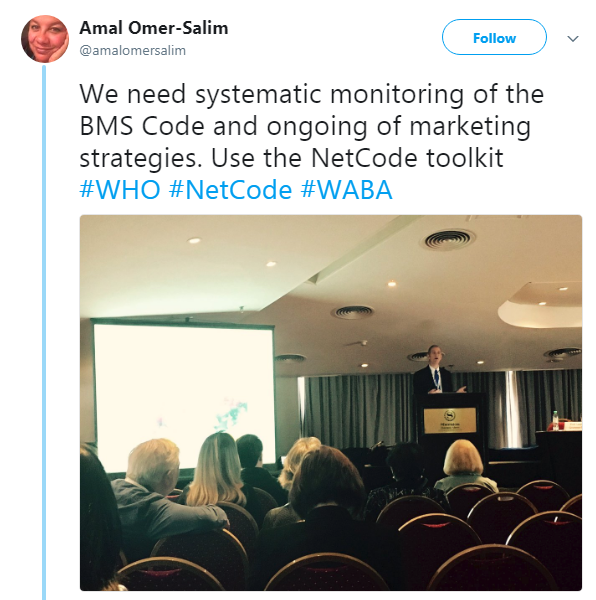




Amplifying our voices
WABA took part in the Every Woman Every Child (EWEC) social media relay for United Nations General Assembly (UNGA) 2017, tweeting/posting messages in relation to their themes – Accountability, It’s Our Business, Empower and Partnership.
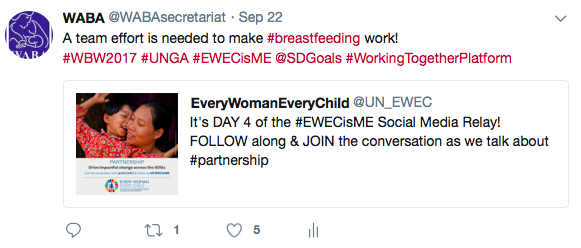

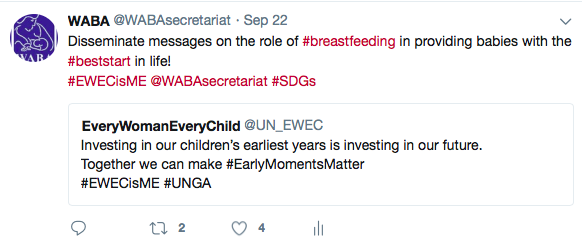
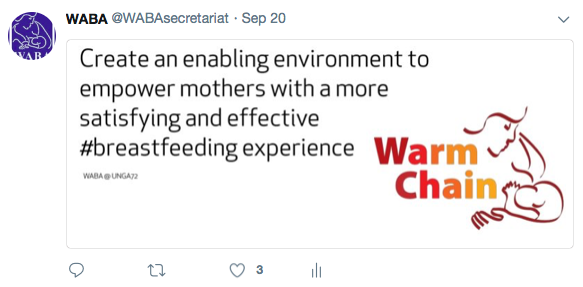
2017 has indeed been an exciting year, and we thank you all for your continued support. Look out for more announcements by WABA in January, on our #WBW2018 theme. For a sustainable world, let us nourish the future through breastfeeding!
